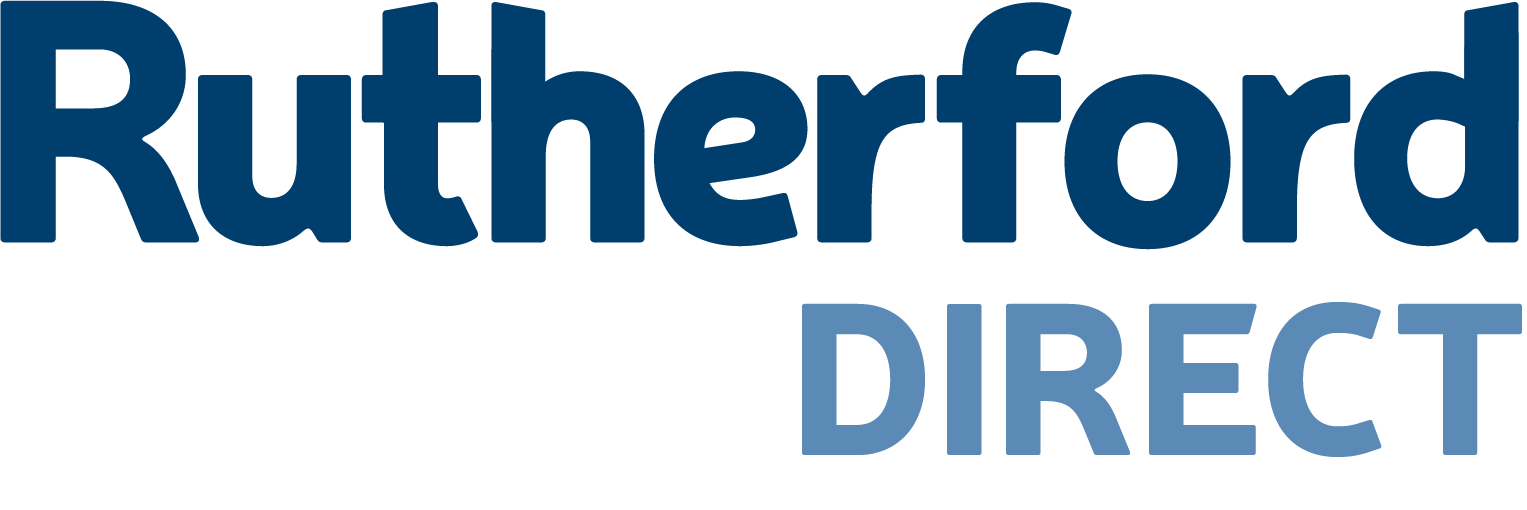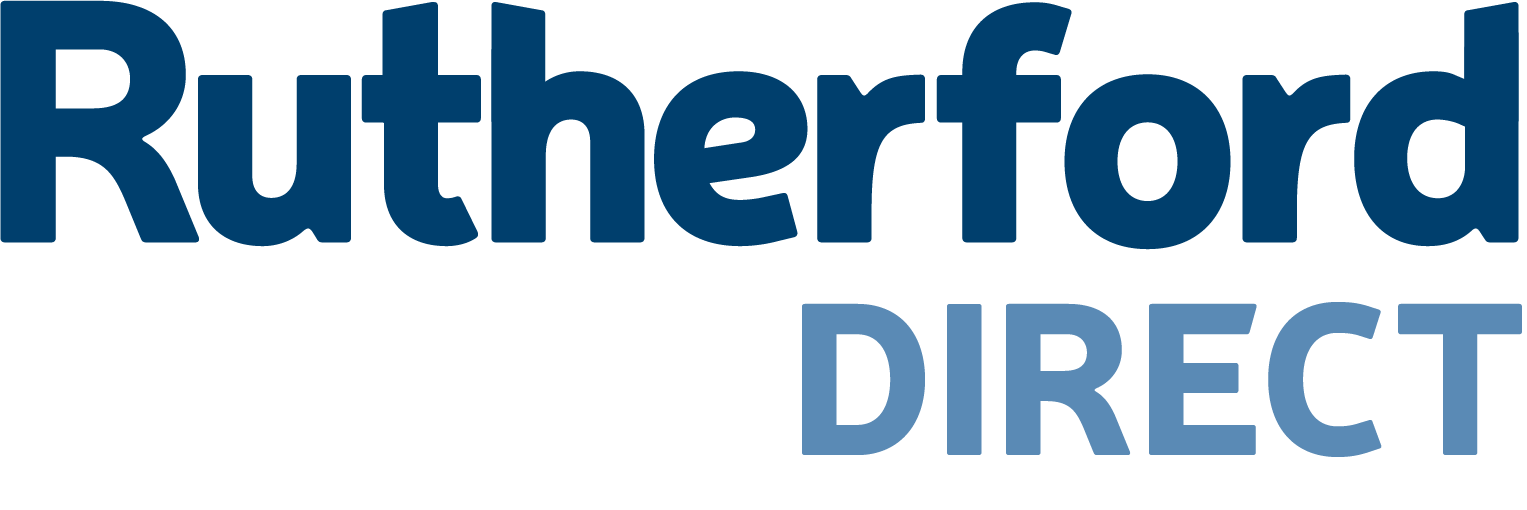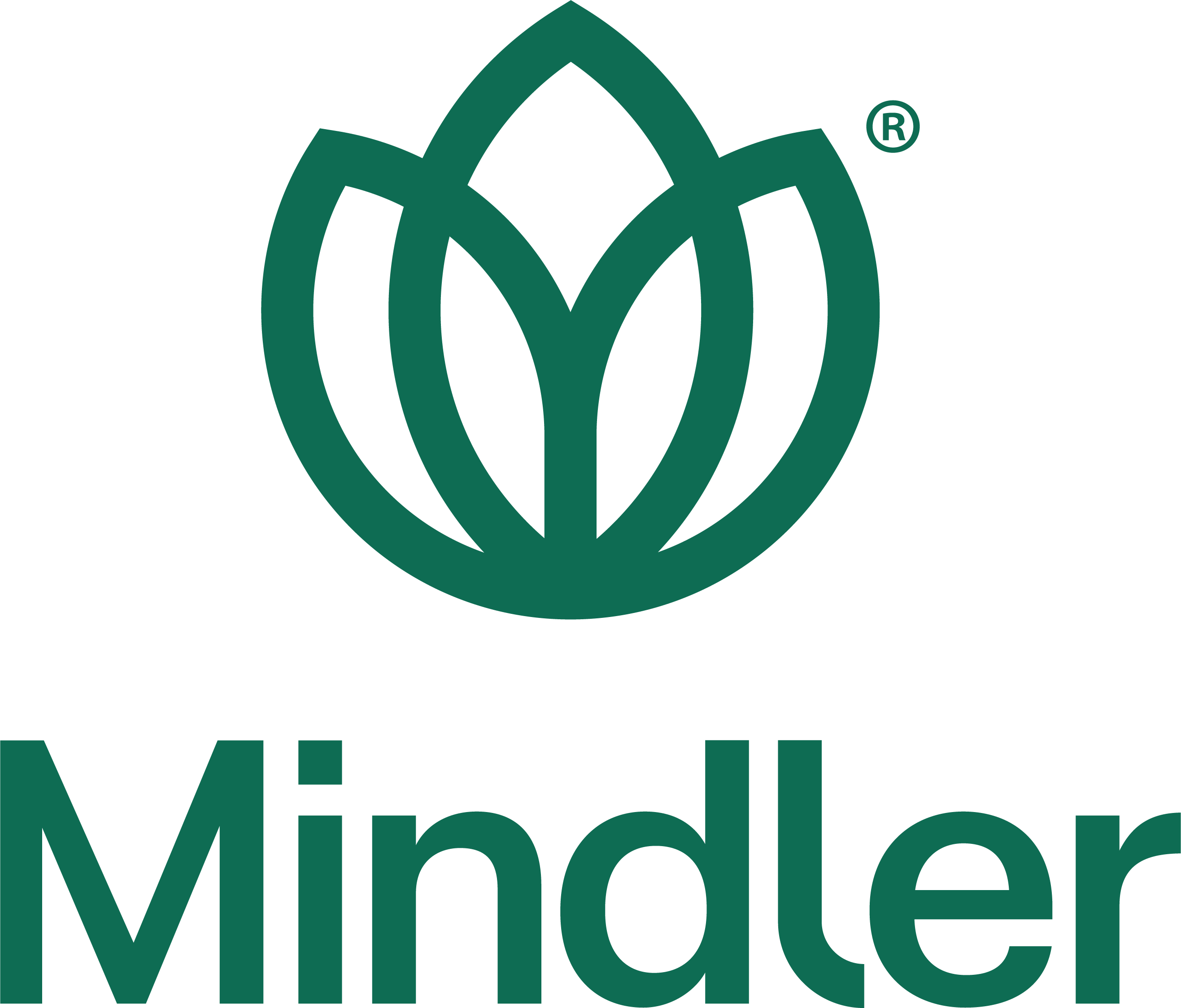The latest statistics show that half of all people born after 1960 will be diagnosed with cancer in their lifetime, and the impact of this is no longer just a matter for those personally affected. In the UK, over 123,000 working age individuals are diagnosed with cancer every year – that’s 340 people a day.
Before COVID-19, the UK had a very poor record on cancer outcomes. Now the pandemic has devastated all recent efforts to improve cancer recovery and survival; appointments cancelled, diagnostics delayed, and treatment derailed. With cancer, delays cost lives.
Cancer remains a deeply personal matter and the journey – from symptoms, diagnosis, and treatment – is different for everyone who experiences it.
However, its consequences are far-reaching and employers large and small are starting to take action to protect their workforce against this disease. Employers therefore have a vital role to play in providing the right support to their staff. But what does support actually look like, particularly given the additional strain on services today?
Pressure on the NHS is at an all-time high and the damage done by the pandemic means that it will be fighting the cancer backlog for a long time. NHS resources also need to be primed for potential future waves and variants.
Finding ways to improve cancer care and providing wider access to achieve better patient outcomes is vital. For employers, this means proactively seeking solutions that can protect their workforce and give employees peace of mind that they are fully covered when it comes to cancer.
It’s vital we continue to develop greater options for patients who often have to wait too long for treatment and offer a healthcare plan that gives them reassurance and certainty that they will be taken care of as they deal with their illness.
WHP Telecoms, the UK’s longest established provider of professional and network support services to the wireless telecommunications sector, recently signed up to a Rutherford Direct plan which they have described as a “comfort blanket” for their workforce.
Emma Spencer, HR Manager at WHP Telecoms, says the wellbeing of its staff is paramount.
She says: “If staff aren’t well enough to come into work, the work won’t get done. Rutherford Direct has already had a massive impact on our team.
"Employees say to me they feel like a weight has been lifted off their shoulders. They know that we care, and that itself promotes employee loyalty and engagement, which made me realise we are doing something right.
“Before, there was no benefit we could offer staff when it came to cancer. Whereas now, we feel like we have a comfort blanket with Rutherford which is just magical."
The purpose of Rutherford Direct is to give cancer sufferers the assurance and confidence that they are fully covered no matter how challenging their cancers and how complex their treatment needs.
The pandemic has also highlighted the importance of employee welfare and the recent lockdowns have placed greater emphasis on a healthier work-life balance and above all, focus on employee health and wellbeing.
While this will remain at the top of the agenda for the foreseeable future, cancer is a dominant healthcare challenge in the workforce for which there is no vaccine and which no number of lockdowns can suppress.
With Rutherford Direct, members are guaranteed access to independent facilities, which have greater capacity to treat cancer patients and offer pioneering technologies such as Proton Beam Therapy and immunotherapy, as well as conventional therapies. Rutherford Direct was built to deliver that assurance.














